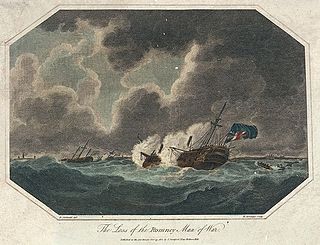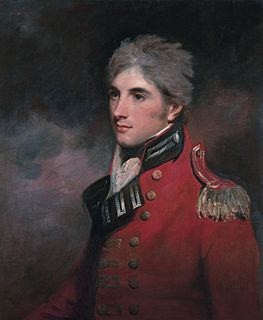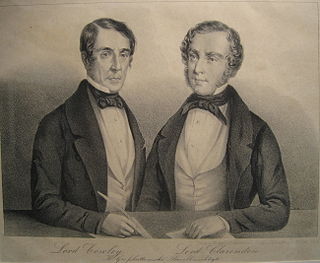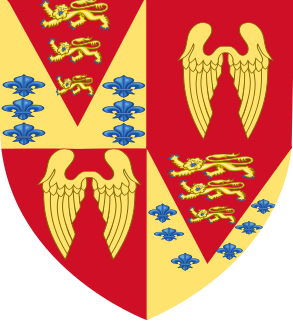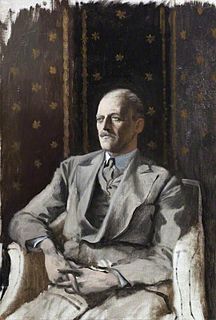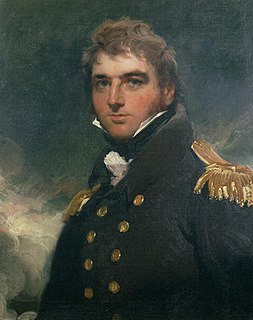Background
Paget was the second son of Henry Paget, 1st Earl of Uxbridge, and Jane, daughter of the Very Reverend Arthur Champagné. He was the brother of Henry Paget, 1st Marquess of Anglesey, Sir Arthur Paget, Sir Edward Paget, Sir Charles Paget and Berkeley Paget. [1] He was educated at Westminster School from 1779 to 1781, prior to entering the Royal Navy [2]
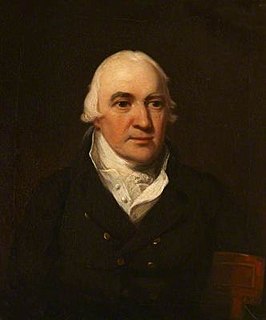
Henry Bayly-Paget, 1st Earl of Uxbridge, known as Henry Bayly until 1769 and as Lord Paget between 1769 and 1784, was a British peer.
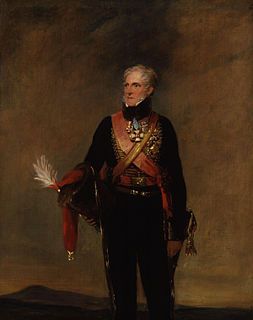
Field Marshal Henry William Paget, 1st Marquess of Anglesey,, styled Lord Paget between 1784 and 1812 and known as the Earl of Uxbridge between 1812 and 1815, was a British Army officer and politician. After serving as a Member of Parliament for Carnarvon and then for Milborne Port, he took part in the Flanders Campaign and then commanded the cavalry for Sir John Moore's army in Spain during the Peninsular War; his cavalry showed distinct superiority over their French counterparts at the Battle of Sahagún and at the Battle of Benavente, where he defeated the elite chasseurs of the French Imperial Guard. During the Hundred Days he led the charge of the heavy cavalry against Comte d'Erlon's column at the Battle of Waterloo. At the end of the battle he lost part of one leg to a cannonball. In later life he served twice as Master-General of the Ordnance and twice as Lord Lieutenant of Ireland.
Sir Arthur Paget GCB, PC was a British diplomat and politician.

